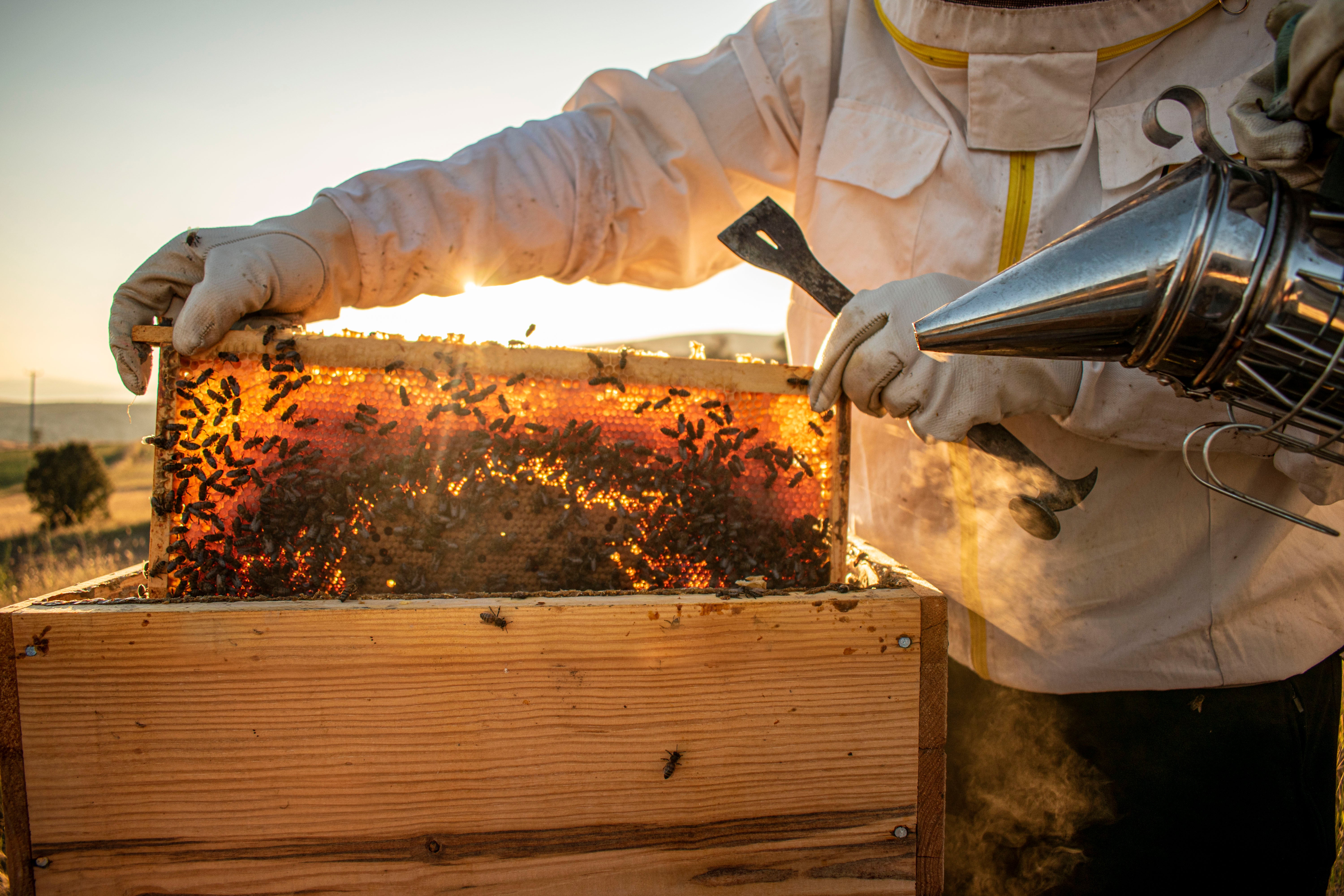Scientists turn to honey in their urgent search for alternative antibiotics
Over one million people died globally from antibiotic-resistant infections in 2019

Your support helps us to tell the story
From reproductive rights to climate change to Big Tech, The Independent is on the ground when the story is developing. Whether it's investigating the financials of Elon Musk's pro-Trump PAC or producing our latest documentary, 'The A Word', which shines a light on the American women fighting for reproductive rights, we know how important it is to parse out the facts from the messaging.
At such a critical moment in US history, we need reporters on the ground. Your donation allows us to keep sending journalists to speak to both sides of the story.
The Independent is trusted by Americans across the entire political spectrum. And unlike many other quality news outlets, we choose not to lock Americans out of our reporting and analysis with paywalls. We believe quality journalism should be available to everyone, paid for by those who can afford it.
Your support makes all the difference.As antibiotic-resistant infections continue to surge, scientists have been looking at honey’s natural healing properties in their search for alternative antimicrobial drugs.
More than 1.2 million people died around the world in 2019 as a result of antibiotic-resistant bacterial infections, according to the medical journal Lancet.
Bacteria’s increasing resistance to antibiotics threatens a return to a” pre-antibiotic stage,” posing a huge threat to global health and security.
Prof Les Baillie from Cardiff University’s School of Pharmacy said: “We’re seeing bacteria that has evolved, that is resistant to almost all antibiotics, and we are reaching the stage where the cupboard is empty.”
Speaking to the BBC, the professor added that the university’s research into honey is a bid to return to traditional remedies “to see if we can learn from our ancestors”.
Honey contains antibiotics and has been used for centuries as a natural remedy to combat several types of illnesses and treat wounds.
According to Cardiff University, it “possesses therapeutic properties which are the result of a range of factors including high sugar content, low pH, hydrogen peroxide and bee-derived peptides.
“Honey also contains antimicrobial phytochemicals which represent a rich source of leads for the development of drugs for the treatment of microbial infections.”

Scientists at Cardiff University are attempting to find these antimicrobial compounds and isolate them.
They do this by using honey as a “drug discovery tool” by seeing if the bees went to a plant which had an antibiotic. Once they discover the plant, they can then look into its compounds.
Dr Jennifer Hawkins said: “Our plan was to employ bees as private investigators and to send them out to interview every flowering plant in the country.
“During each visit, they collect a forensic material in the form of nectar containing phytochemicals – some of which may be antibacterial – and pollen which holds the DNA fingerprint of the plant.”
As a reference, the university pointed to the benefits of Manuka honey from New Zealand.
This type of honey is produced when bees forage on the Manuka bush (Leptospermum scoparium), a plant that produces a compound with potent antibacterial properties.
In their research, the scientists have also analysed the compounds of dandelions closely as they have the potential to “kill bacteria and viruses,” according to Prof Baillie.



Join our commenting forum
Join thought-provoking conversations, follow other Independent readers and see their replies
Comments